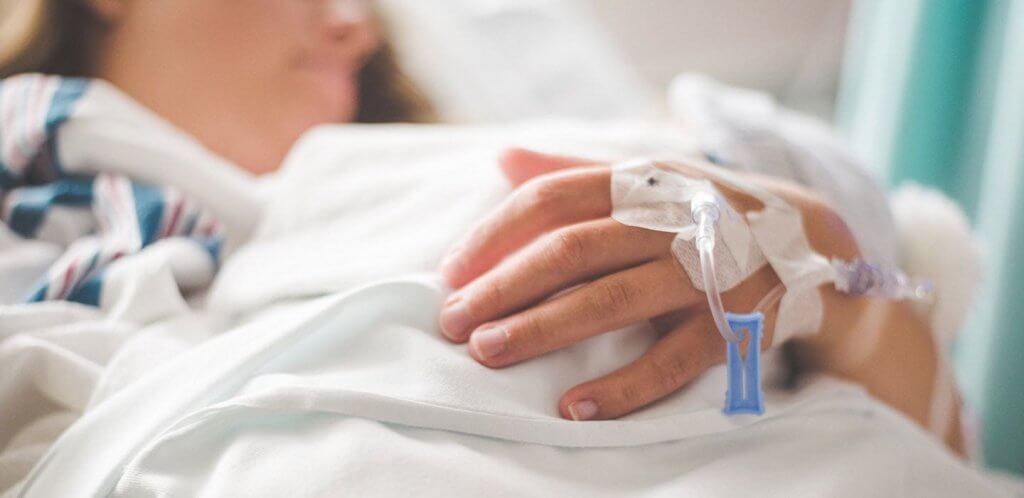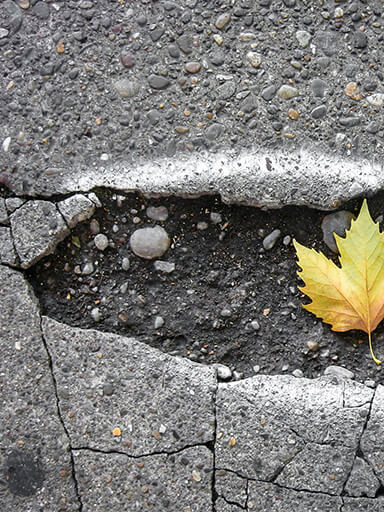Understanding facial scars and their impact on victims
Facial scars resulting from accidents or incidents can leave a lasting impact on a person’s self-esteem and quality of life. If you or a loved one has suffered such an injury, seeking fair compensation for facial scars becomes paramount. In this comprehensive guide, we will explore the legal aspects and necessary actions victims should take to ensure they receive the compensation they deserve.
Navigating the complexities of personal injury claims can be daunting, but armed with the right information, you can make an informed decision. Our goal is to equip you with the knowledge needed to understand the factors that influence compensation for facial scars, including the severity of the scarring, the impact on personal and professional life, and the costs associated with medical treatments and psychological counseling.
We will also delve into the legal framework surrounding personal injury claims, focusing on the key requirements for a successful case. Whether it’s negotiating with insurance companies or filing a lawsuit, this guide will provide insights on how to maximize your chances of fair compensation for facial scars.
Don’t let a facial scar burden you. Empower yourself with this comprehensive guide and take the necessary steps to obtain the compensation you rightfully deserve.
The importance of fair compensation for facial scars
Facial scars can result from a variety of incidents, such as
- car accidents,
- workplace injuries,
- or medical negligence.
These scars can have a profound impact on a person’s physical appearance and emotional well-being. The visibility of facial scars often leads to self-consciousness and can affect self-esteem, social interactions, and even career prospects. The psychological impact of facial scars should not be underestimated. Victims may experience anxiety, depression, and a loss of confidence. These emotional effects can further exacerbate the overall distress caused by the physical scarring. It is crucial to recognize and address both the visible and invisible consequences of facial scars when seeking fair compensation.
The severity of facial scars varies, ranging from minor surface scars to deep, disfiguring indentations or raised keloid scars. The extent and location of the scarring play a significant role in determining the impact on the victim’s life and the compensation they may be entitled to. Additionally, the long-term effects of facial scars, such as the need for ongoing medical treatments or cosmetic procedures, should also be taken into consideration.
According to the University of Bristol, 20.3 million people in the UK have a scar.
Factors affecting compensation for facial scars
Obtaining fair compensation for facial scars is not just about financial reparation; it’s about seeking justice and acknowledgment for the physical and emotional suffering endured. Fair compensation can provide a sense of closure, allowing victims to move forward and rebuild their lives.
Facial scars can result in significant medical expenses, including surgical procedures, scar revision treatments, and ongoing dermatological care. These costs can quickly accumulate, placing a financial burden on the victim and their family. Fair compensation should cover these expenses to ensure that victims receive the necessary medical treatment without financial strain.
Furthermore, facial scars can impact a person’s professional life. In some occupations, such as modeling or customer-facing roles, visible facial scars may limit career opportunities and future earnings. Compensation should reflect these potential economic losses, ensuring that victims are not unfairly disadvantaged in their careers due to their scars.
Types of compensation available for facial scars
Determining fair compensation for facial scars is a complex process that takes into account various factors. The severity and visibility of the scars are crucial aspects that influence the amount of compensation awarded. The more severe and visible the scars, the higher the potential for greater compensation.
Additionally, the impact of the facial scars on the victim’s personal and professional life is considered. Emotional distress, loss of enjoyment of life, and the inability to participate in activities previously enjoyed are all factors that can increase the compensation value. Expert medical opinions and assessments may be required to evaluate the long-term physical and psychological effects of the scars accurately.
The location of the scars is also a significant factor. Facial scars that are more visible, such as those on the forehead or cheek, often result in higher compensation due to their impact on the victim’s self-esteem and societal perception. Conversely, scars that are easily concealable, such as those on the scalp or neck, may receive lower compensation amounts.
Steps to take after a facial scar injury
Compensation for facial scars typically falls into two categories: economic and non-economic damages. Economic damages are tangible losses that can be measured in monetary terms, such as medical expenses, lost wages, and future medical costs. Non-economic damages, on the other hand, are subjective and aim to compensate for the pain, suffering, and emotional distress caused by the facial scars.
In some cases, punitive damages may also be awarded. Punitive damages are designed to punish the responsible party for their negligent or intentional actions. However, punitive damages are not awarded in every case and are typically reserved for situations where the responsible party’s conduct was particularly egregious.
It is crucial to consult with a personal injury lawyer to determine the types of compensation available in your specific case and to ensure that all eligible damages are pursued.
Gathering evidence for a compensation claim
After sustaining a facial scar injury, taking appropriate steps can strengthen your case for fair compensation. Here are the key actions to consider:
1. Seek immediate medical attention: It is essential to prioritize your health and seek medical treatment for your injuries. Promptly documenting your injuries and following the recommended treatment plan can provide valuable evidence for your compensation claim.
2. Document the accident/incident: Take photographs of the accident/incident scene, gather witness statements, and obtain a copy of any official reports or documentation related to the incident. These pieces of evidence can support your claim and establish liability.
3. Keep a record of medical expenses: Maintain detailed records of all medical treatments, medications, and related expenses. This documentation will help calculate the economic damages incurred due to your facial scars.
4. Preserve evidence: Preserve any physical evidence related to the incident, such as damaged objects or clothing. These items can serve as evidence in your case.
5. Consult with a personal injury lawyer: Seeking legal advice from a personal injury lawyer with experience in facial scar compensation claims is crucial. They can guide you through the legal process, negotiate with insurance companies on your behalf, and ensure that your rights are protected.
Working with a personal injury lawyer for fair compensation
Building a strong case for fair compensation requires gathering compelling evidence. Here are some key types of evidence that can support your claim:
1. Medical records and expert opinions: Collect all medical records, including diagnoses, treatment plans, and progress notes. Expert opinions from medical professionals specializing in scar revision or psychology can provide a comprehensive understanding of the impact of your facial scars.
2. Photographs and videos: Take clear, high-quality photographs and videos of your facial scars from different angles and lighting conditions. These visual records can demonstrate the severity and visibility of the scars.
3. Witness statements: Obtain statements from witnesses who saw the accident or incident leading to the facial scars. Their accounts can corroborate your version of events and strengthen your case.
4. Employment records: If your facial scars have affected your ability to work or have resulted in lost wages, gather employment records, pay stubs, and any other documentation that supports your financial losses.
5. Psychological evaluations: A psychological evaluation conducted by a qualified professional can provide insights into the emotional impact of your facial scars, helping to establish non-economic damages.
Remember to consult with your personal injury lawyer to ensure you are gathering the most relevant and effective evidence for your specific case.
Common challenges in obtaining fair compensation for facial scars
Navigating the legal process for a facial scar compensation claim can be complex, and having a skilled personal injury lawyer by your side is crucial. A personal injury lawyer will assess your case, determine the potential compensation value, and guide you through each step of the process.
A lawyer will handle communication with insurance companies, negotiate on your behalf, and ensure that your rights are protected. Their expertise in personal injury law and experience with facial scar compensation claims will maximize your chances of obtaining fair compensation.
Remember to choose a personal injury lawyer who specializes in facial scar compensation claims, as they will have the necessary knowledge and resources to build a strong case on your behalf.
Case studies of successful compensation claims for facial scars
While seeking fair compensation for facial scars is your right, it is essential to be aware of the potential challenges you may face. Insurance companies may attempt to minimize your claim or dispute liability. They may argue that the scars are not severe enough to warrant significant compensation or that they were pre-existing.
Additionally, the legal process can be time-consuming and emotionally draining. It may involve negotiations, settlement discussions, and potentially even a trial. Having realistic expectations and understanding the potential challenges can help you navigate the process more effectively.
Working with a personal injury lawyer who specializes in facial scar compensation claims can help overcome these challenges. They will advocate for your rights, negotiate on your behalf, and ensure that you are treated fairly throughout the process.
Conclusion: Seeking justice and fair compensation for facial scars
Examining case studies of successful compensation claims for facial scars can provide valuable insights into the potential outcomes and compensation amounts. While every case is unique, understanding the factors that influenced successful claims can help you gauge the potential value of your own case.
Case studies can illustrate how factors such as severity of scarring, emotional impact, and impact on personal and professional life influenced the compensation awarded. They can also shed light on the legal strategies employed and the challenges faced during the claims process.
Remember that each case is different, and the outcome of your claim will depend on various factors specific to your situation. Consulting with a personal injury lawyer will provide personalized advice and guidance tailored to your circumstances.
Let us help you





